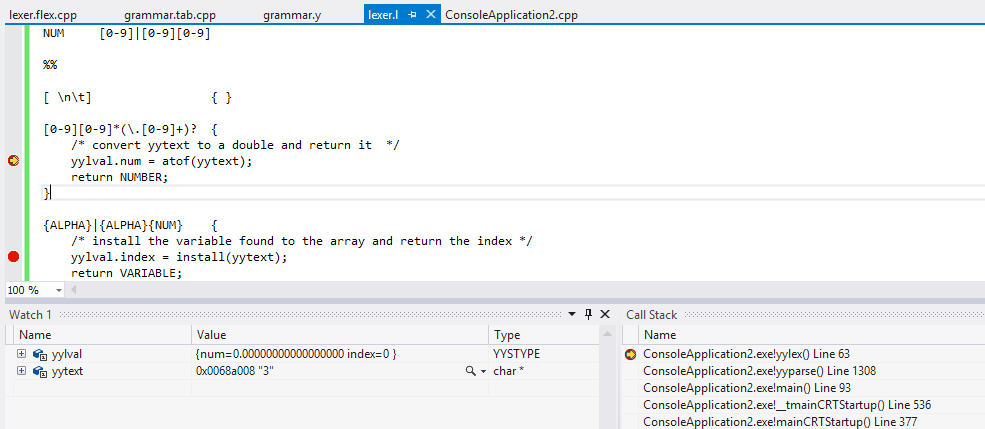I'm looking for a good development environment in which to work on flex or bison or both.
Are there any IDE's that have these capabilities and/or are suitable for this?
(If not the next most general question is are there lexer/parser generators with IDE's?)
Thanks ~Alex

